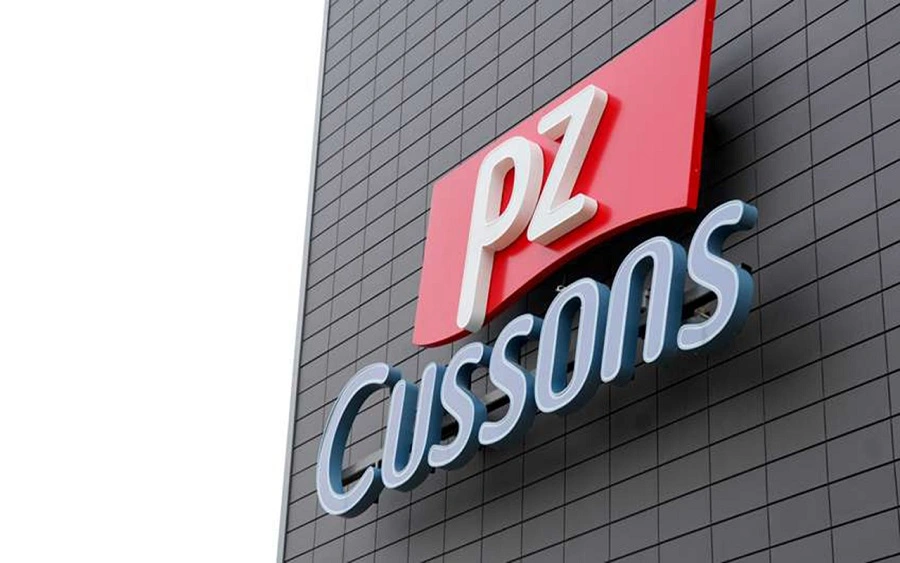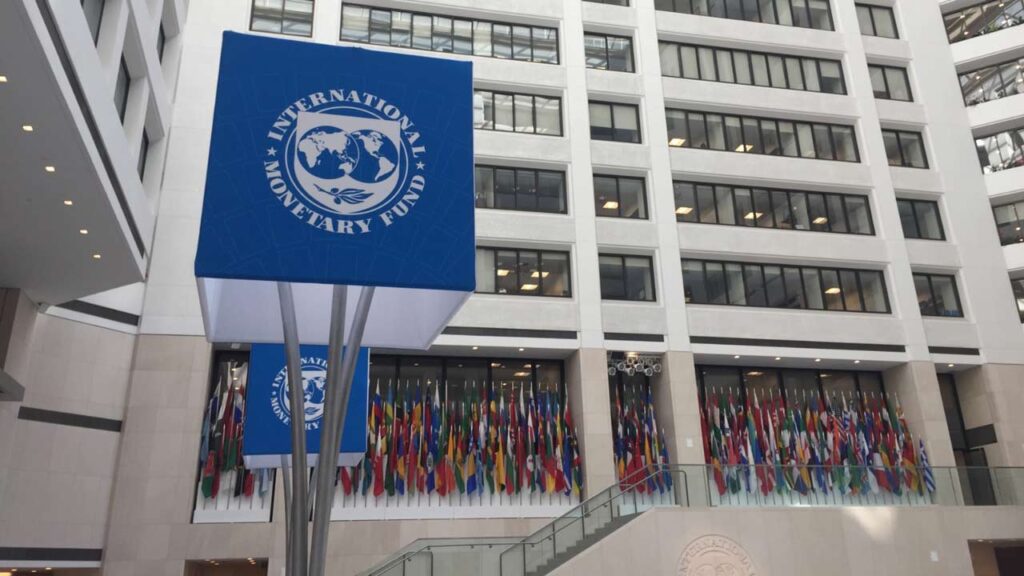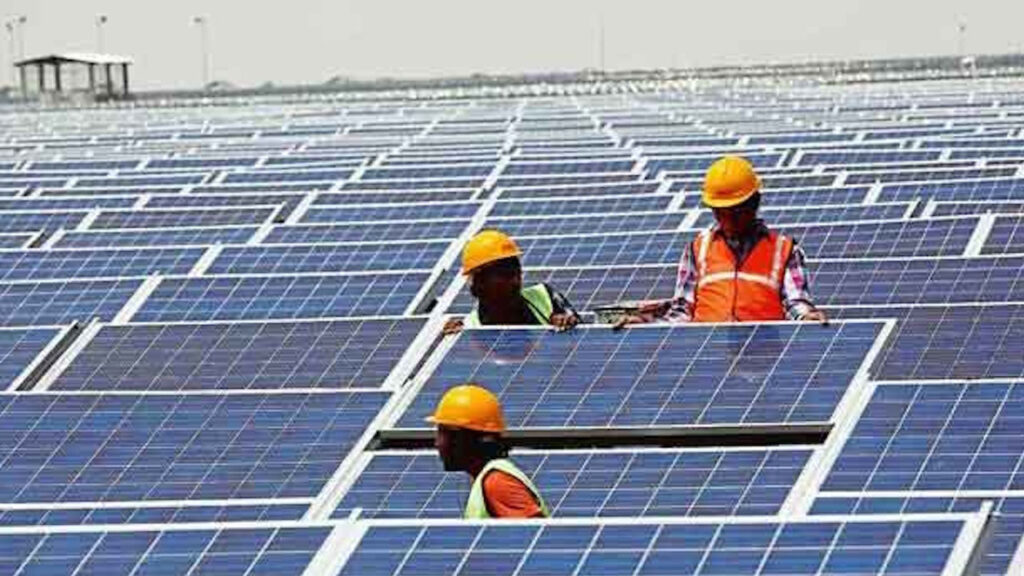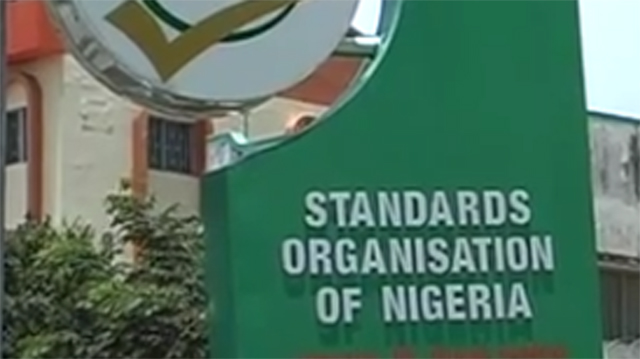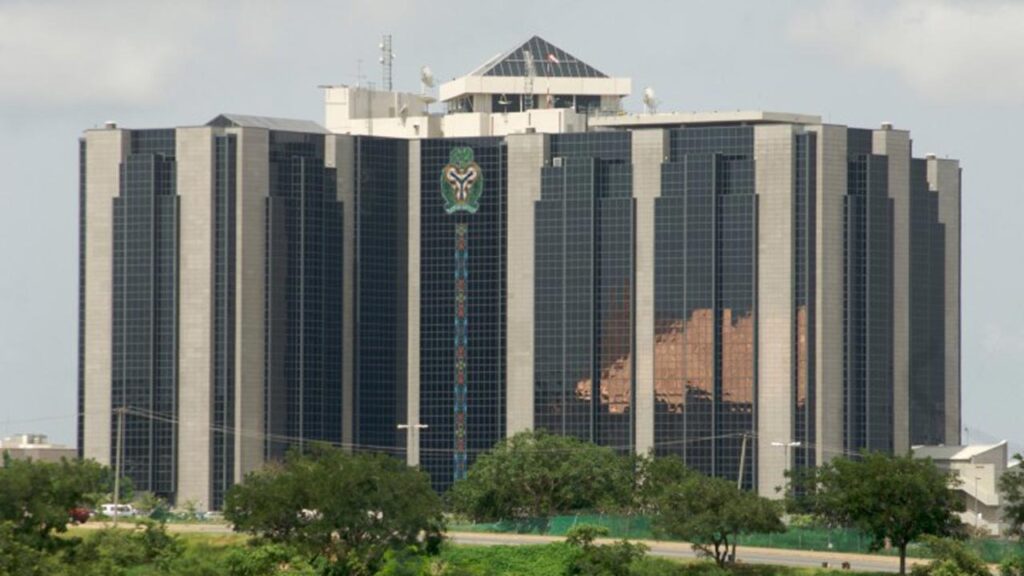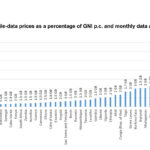The Internet Corporation for Assigned Names and Numbers (ICANN) said the yearly Domain Name System (DNS) industry roughly equates to $17.5 million in value for African country code top-level domains (ccTLD) domain names alone based on local rates.
Based on international rates, the industry size is about $101 million but adding in $16 million for top-level domain (TLDs) held by Africans gives a total of some $137 million.
ICANN, however, noted that applying a typical multiplier factor means that the African DNS industry is worth about $1 billion, where about 74 per cent of the total yearly revenue on the continent is made by the top 10 countries, which are South Africa, Nigeria, Morocco, Kenya, Angola, Tunisia, Somalia, Mauritius, and Egypt.
ICANN, in a study made available to The Guardian, said most of the ccTLDs are available for registration by offshore entities without the requirement for a local presence, saying in 16 countries there is a requirement for some form of local legal presence (corporate or individual) to register a domain name: Algeria, Benin, Botswana, Burkina Faso, Cabo Verde, Egypt, Gambia, Ghana, Guinea, Guinea-Bissau, Liberia, Morocco, Senegal, Tanzania, Tunisia and Zambia.
It revealed that in a few countries, including Kenya, there are additional requirements for registrars to be locally based, but not registrants.
“In all countries except South Africa, there has been significant growth in the number of African domains as infrastructure rollout has increased in many countries, albeit off a low base. The researchers expect this trend to continue – projecting an average yearly overall growth across the continent of 12.4 per cent, based on the annualised growth of domains counted by domain tools, averaged across all countries. However, it should be noted that this average obscures large variations between countries, ranging from –17 per cent (Gabon) to 57 per cent (Chad).
“This suggests significant growth opportunities for local providers in individual countries – noting that 91 per cent of the registrants that responded to the online survey said they preferred to deal with local registrars,” it stated.
Speaking on the success factor for some of the leading countries, the report referenced the Country DNS Success Index (CDSI), which was developed by the researchers to rank countries on the health of their DNS industries. The index used a range of factors to “score” countries including the number of domains registered under the ccTLD, the number of gTLD domains identified as having an African Registrant, the number of web pages indexed by Google, the price of registration, the number of registrars, number of locally hosted websites, presence of one or more functioning IXPs and Internet usage as a percentage of the population.
“We derived the Country DNS Success Index for the 2016 Study and found it helpful in comparing the relative success of countries in terms of their Domain Name industries. We compare the previous results with those in this Study, where South Africa ranked overall highest of all countries, followed by Nigeria, Kenya, Tanzania, and Morocco,” it stated.
MEANWHILE, the ICANN study showed that Nigeria moved up to second place in the Africa Domain Name Industry, even as African ccTLD showed 4.33 million registrations as of November 2023 and an additional 1.4 million generic top-level domain registrations from African entities.
Covering 54 countries in Africa, the ICANN report released by the Coalition for Digital Africa at ICANN80 in Kigali, Rwanda, shows that high Internet access costs continue to limit widespread usage, with the average African spending about four per cent of their monthly income on 1GB of data – twice the global affordability target.
Also, the projected average yearly overall growth in the number of domain names across the continent is 12.4 per cent, suggesting significant opportunities for local providers in individual countries.
On infrastructure, the report indicates over 1.1 million kilometres of terrestrial and submarine fiber cables interconnect the continent, enhancing cross-border communications and internet access, and a significant concentration of web content and domain hosting remains within only a few countries, underscoring the need for more localised Internet service.
For Nigeria, the report showed that “as with South Africa and Kenya, Nigeria has multiple undersea cables. The ccTLD is well run as there are now six IXPs and multiple Data Centres.
“Nigeria’s biggest advantage is its huge population and large economy. Nigeria has the highest number of Internet users on the continent. Coming in just after Kenya on the number of ccTLD domains but ahead on gTLD domains, Nigeria also has a high score from its six IXPs.
Speaking on the report, ICANN’s Interim President and CEO, Sally Costerton, said that the report sheds light on the growth, challenges, and opportunities within the Domain Name System (DNS) across Africa.
“Building on the initial study conducted in 2016, this study provides critical insights into how the landscape has evolved and where it is headed.
“The study is an integral part of ICANN’s commitment to support the growth and development of the Internet’s infrastructure namely the DNS infrastructure, in a highly dynamic region.
“It was also created in response to a request from the African community within the context of the implementation of the ICANN Africa Regional Plan for Fiscal Years 2021-2025.”


